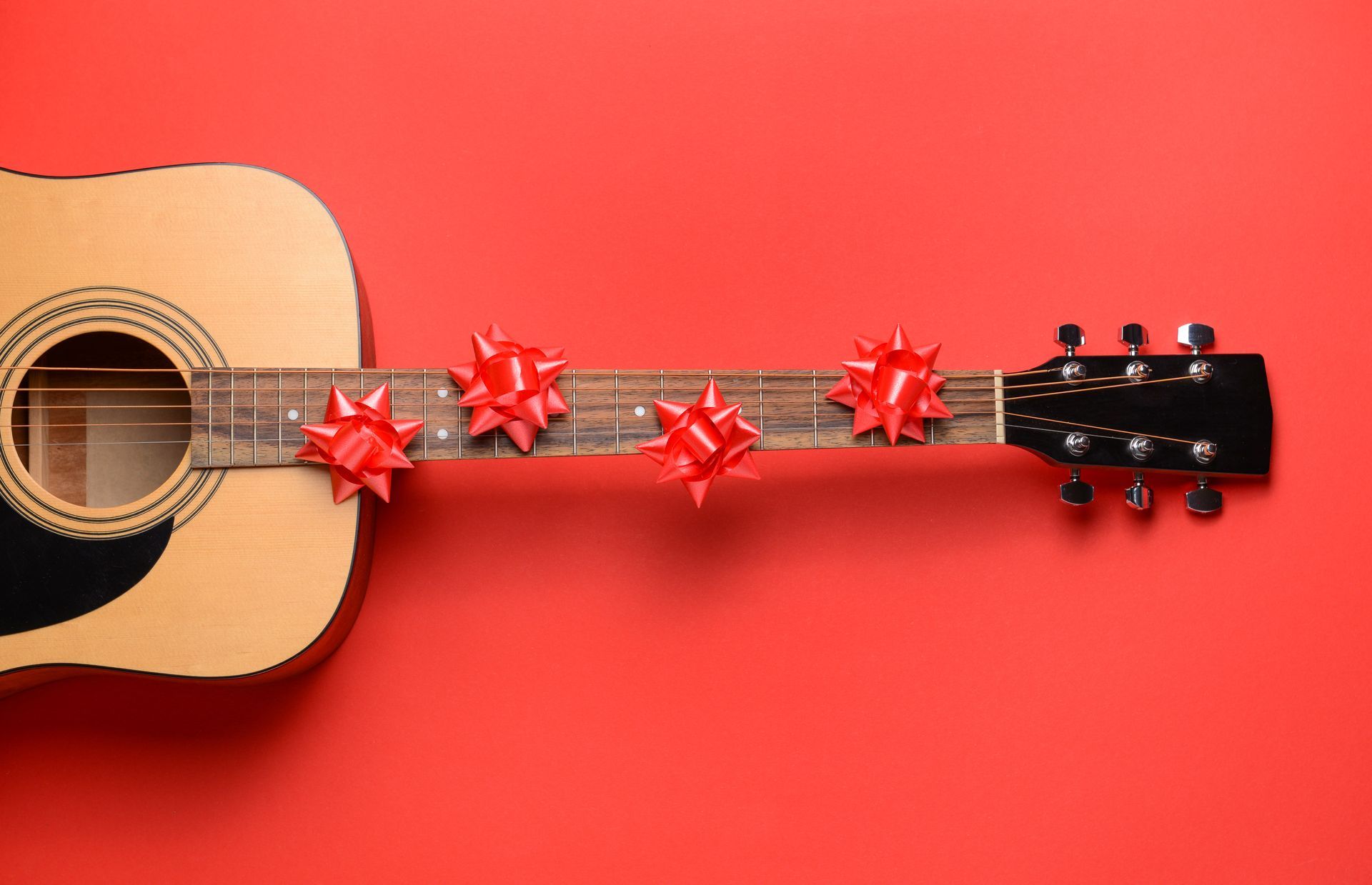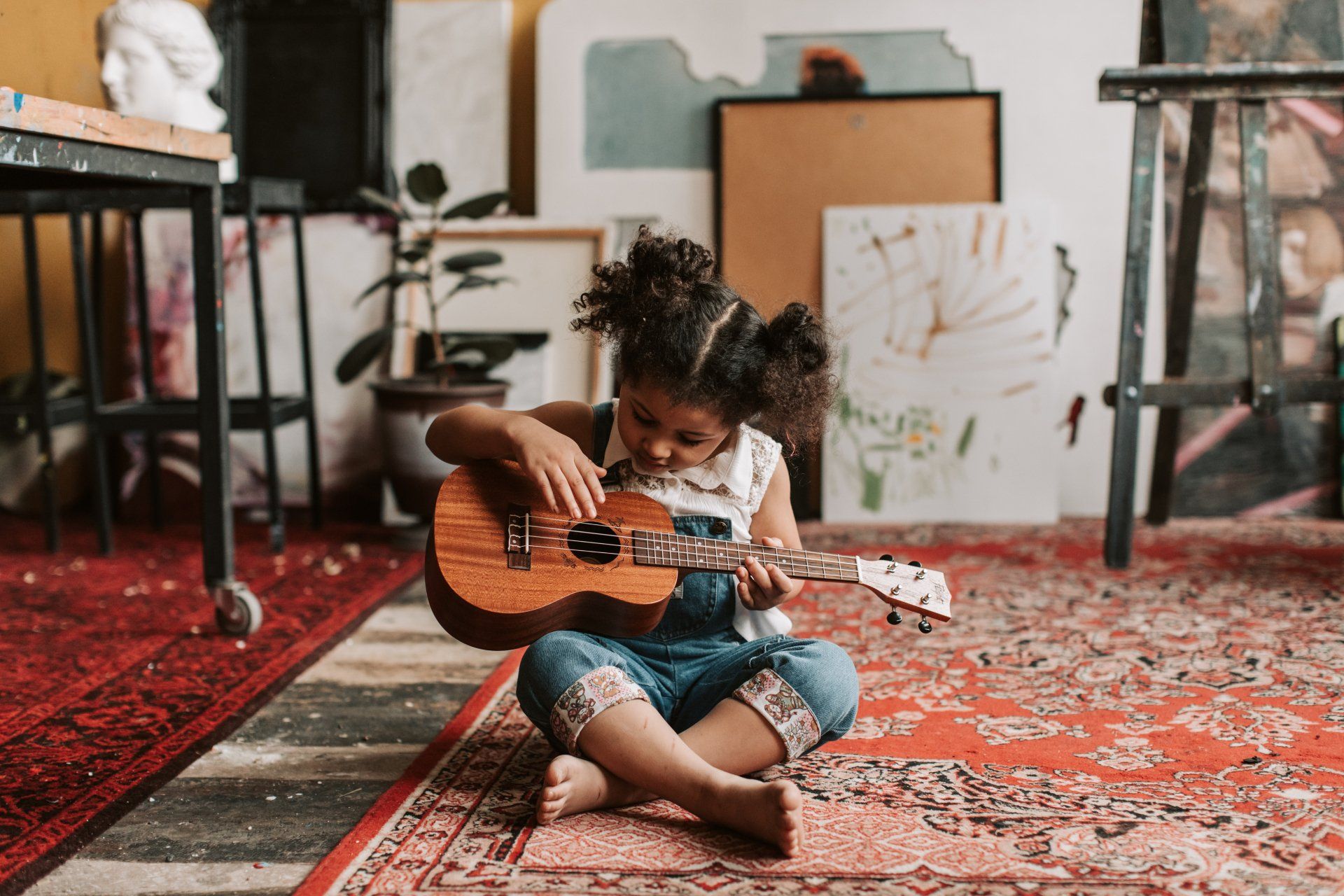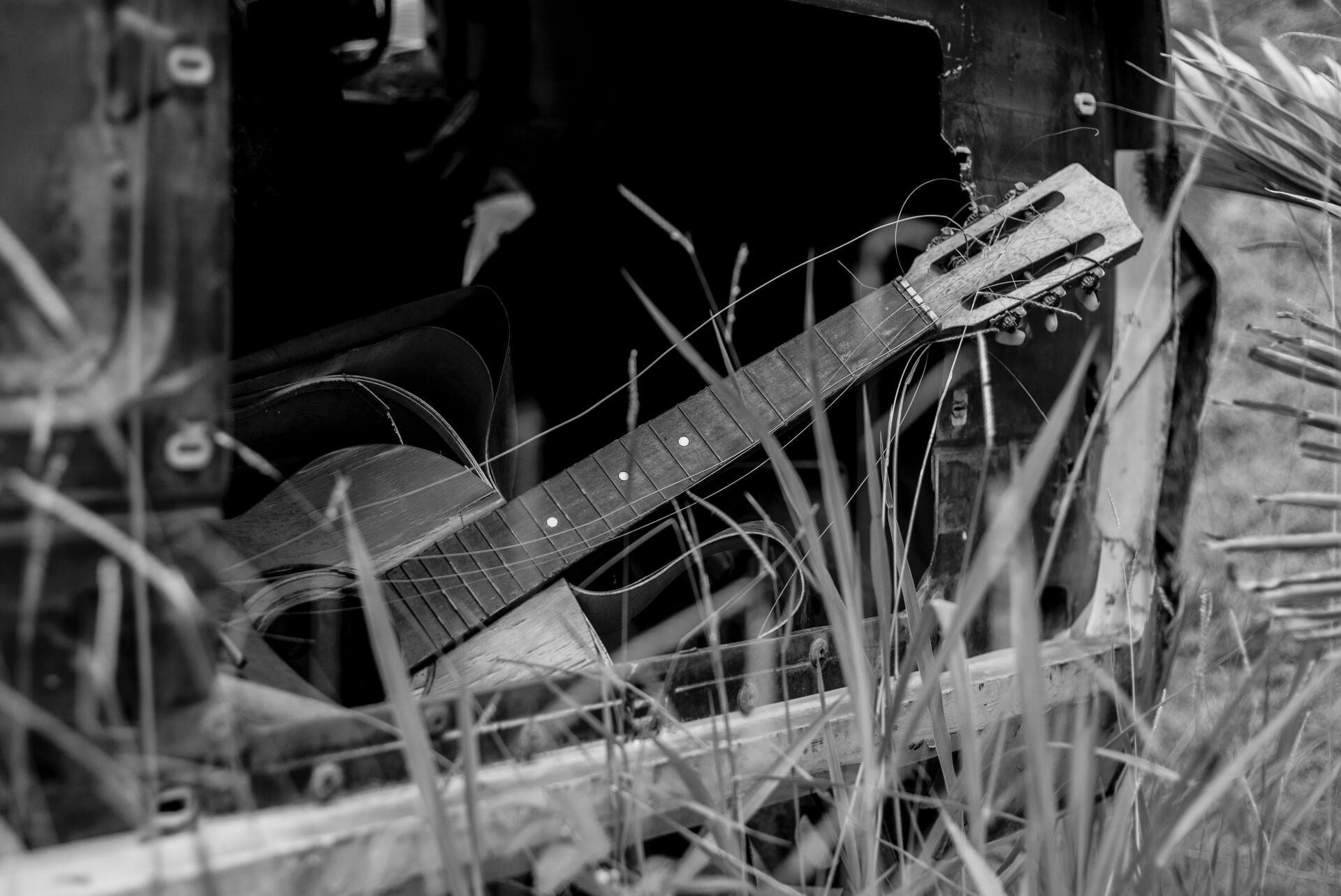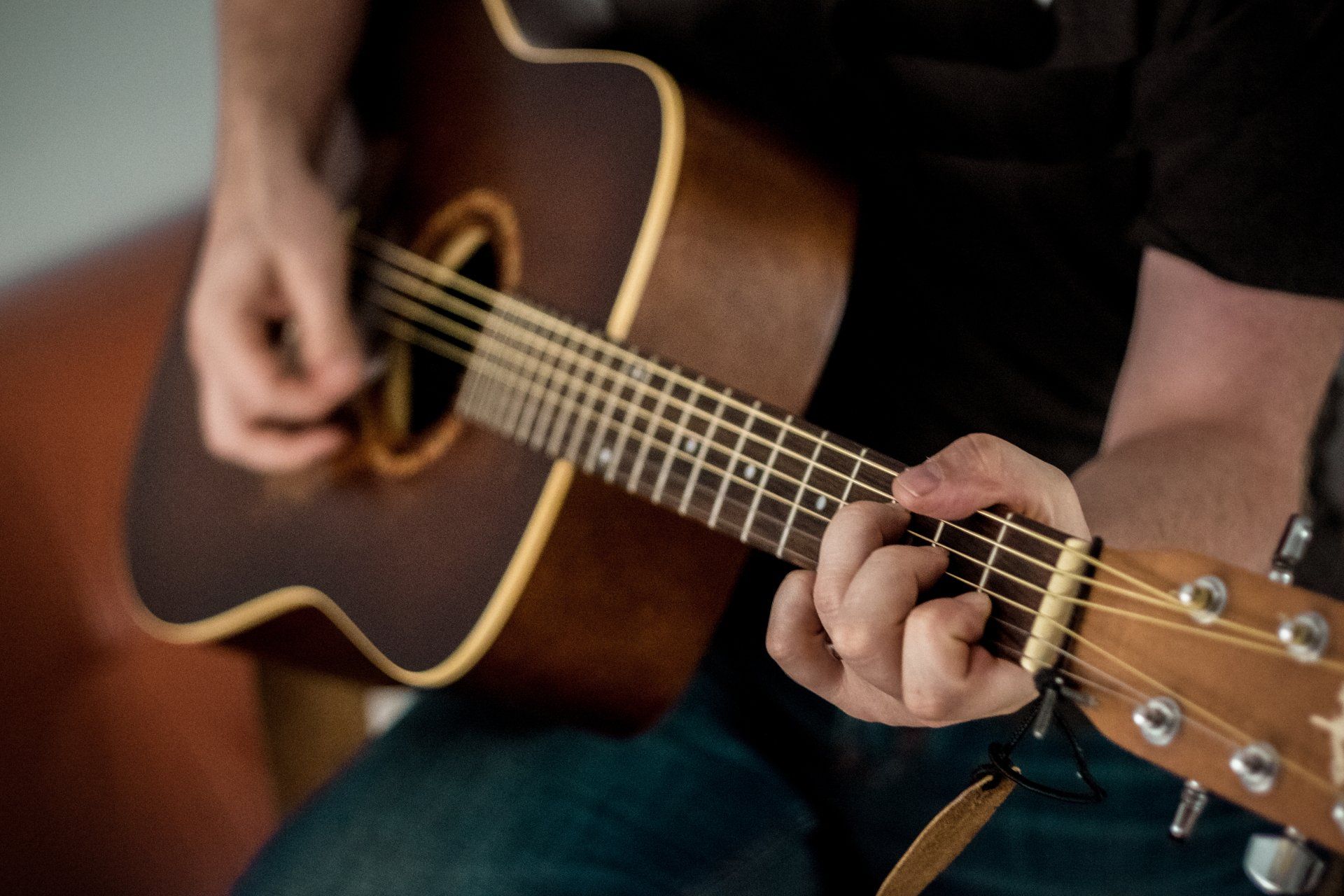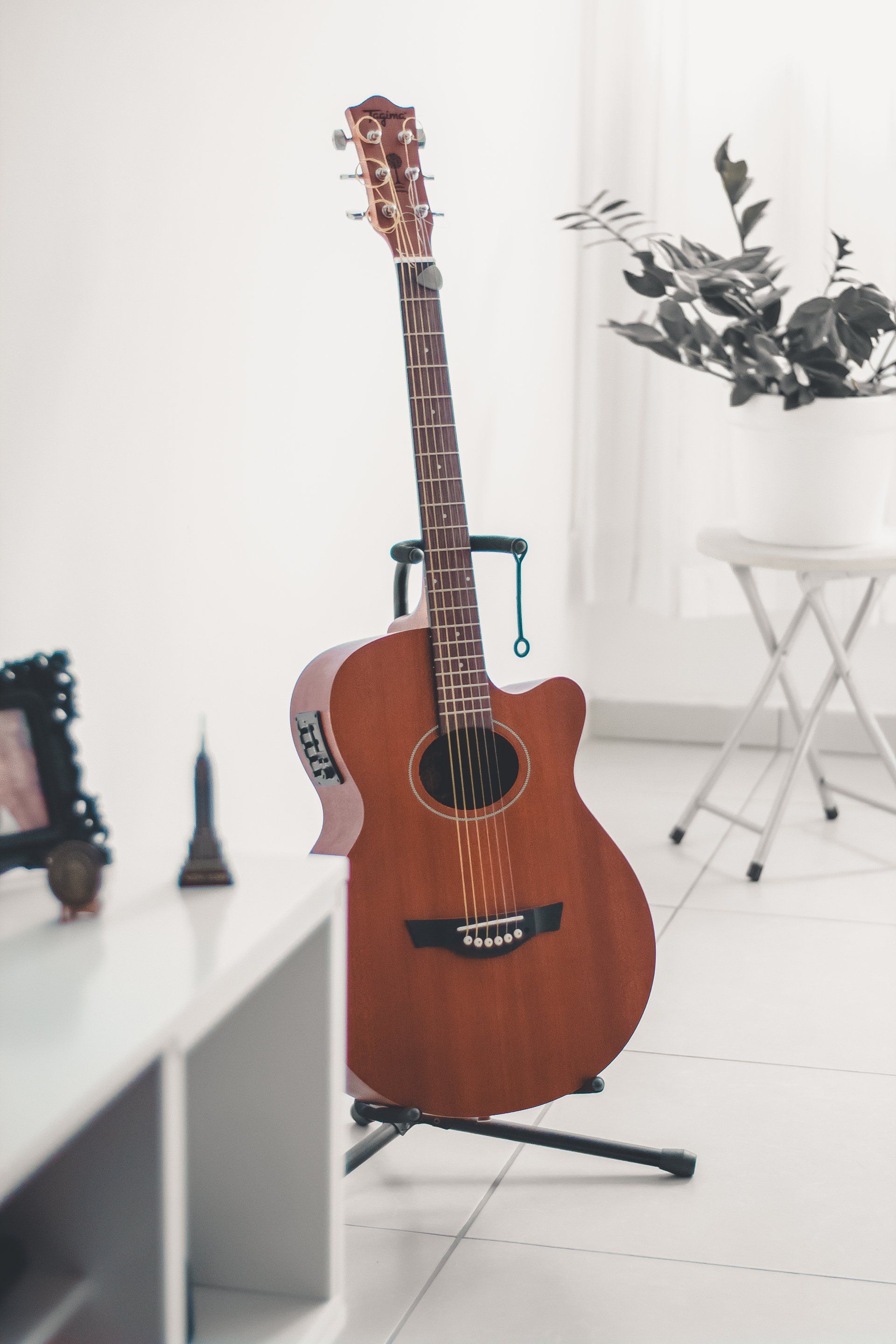In a world where the pursuit of new skills often seems reserved for the young, it's easy for adults to feel like they've missed the boat on learning to play the guitar. Yet, the notion that age is a barrier to learning and mastering the guitar couldn't be further from the truth.
In fact, picking up this versatile instrument later in life not only opens doors to creative expression and musical enjoyment but also offers a myriad of cognitive benefits that can contribute to overall brain health.
So, whether you're considering reigniting your passion for guitar or taking your first steps into the world of music, here's why it's never too late to start, reignite, or continue learning the guitar:
1. Breaking Down the Myth of Age Limitations:
One of the most pervasive myths surrounding guitar learning is the idea that age is a limiting factor. However, countless examples defy this misconception, with adults of all ages successfully picking up the guitar and mastering it. From retirees exploring newfound hobbies to busy professionals seeking a creative outlet, the guitar welcomes learners of all ages and backgrounds. The key lies not in one's age but in their dedication, passion, and willingness to embrace the learning process.
2. The Cognitive Benefits of Guitar Learning:
Beyond the joy of strumming chords and playing melodies, engaging with the guitar offers significant cognitive benefits, especially for adults. Research has shown that learning to play a musical instrument, such as the guitar, can have a profound impact on brain health and function. Playing the guitar requires coordination between the hands, the interpretation of musical notation, and the processing of auditory information, all of which stimulate various regions of the brain.
3. Enhanced Memory and Cognitive Function:
Learning to play the guitar involves memorizing chords, scales, and songs, effectively exercising the brain's memory centers. Regular practice reinforces neural connections, improving memory retention and recall not only for musical elements but also in other areas of life. Additionally, the mental dexterity required to navigate fretboards and decipher musical patterns enhances cognitive function, sharpening problem-solving skills and promoting overall mental agility.
4. Stress Reduction and Emotional Well-being:
Music has long been recognized as a powerful tool for reducing stress and promoting emotional well-being. Playing the guitar provides a therapeutic outlet for expressing emotions, whether through heartfelt ballads or energetic rock anthems. The act of strumming strings and creating music can induce a sense of relaxation and mindfulness, helping adults unwind from the pressures of daily life and find solace in their musical pursuits.
5. Building Confidence and Self-Esteem:
For many adults, learning to play the guitar represents more than just a hobby; it's an opportunity to challenge themselves and build confidence. As they progress on their musical journey, mastering new techniques and conquering difficult songs, adults experience a sense of accomplishment that transcends age barriers. This newfound confidence extends beyond the realm of music, empowering individuals to tackle other challenges in their personal and professional lives with renewed self-assurance.
6. Connecting with Community and Creativity:
Learning the guitar can also be a gateway to connecting with like-minded individuals and fostering a sense of community. Whether through joining a local jam session, attending open mic nights, or participating in online forums, adult guitarists have the opportunity to share their passion with others and form meaningful connections. Furthermore, engaging in creative pursuits such as composing original music or arranging cover songs allows adults to express their unique artistic voice and unleash their creativity.
In conclusion, the belief that adults are too old to start, reignite, or continue learning the guitar is a misconception that overlooks the countless benefits of musical engagement.
From enhancing cognitive function and memory to reducing stress and fostering emotional well-being, the guitar offers a wealth of opportunities for personal growth and fulfillment. So, whether you're in your twenties or your golden years, don't let age hold you back from pursuing your musical aspirations. Embrace the journey, pick up your guitar, and let the music guide you towards a healthier, happier, and more harmonious life.
References:
- Altenmüller, E., Marco-Pallares, J., & Münte, T. F. (2009). Functional reorganization in guitarists' brain during a familiar melody. European Journal of Neuroscience, 30(2), 1-10.
- Hanna-Pladdy, B., & Mackay, A. (2011). The relation between instrumental musical activity and cognitive aging. Neuropsychology, 25(3), 378-386.
- Seinfeld, S., Figueroa, H., Ortiz-Gil, J., & Sanchez-Vives, M. V. (2013). Effects of music learning and piano practice on cognitive function, mood and quality of life in older adults. Frontiers in Psychology, 4, 1-13.


